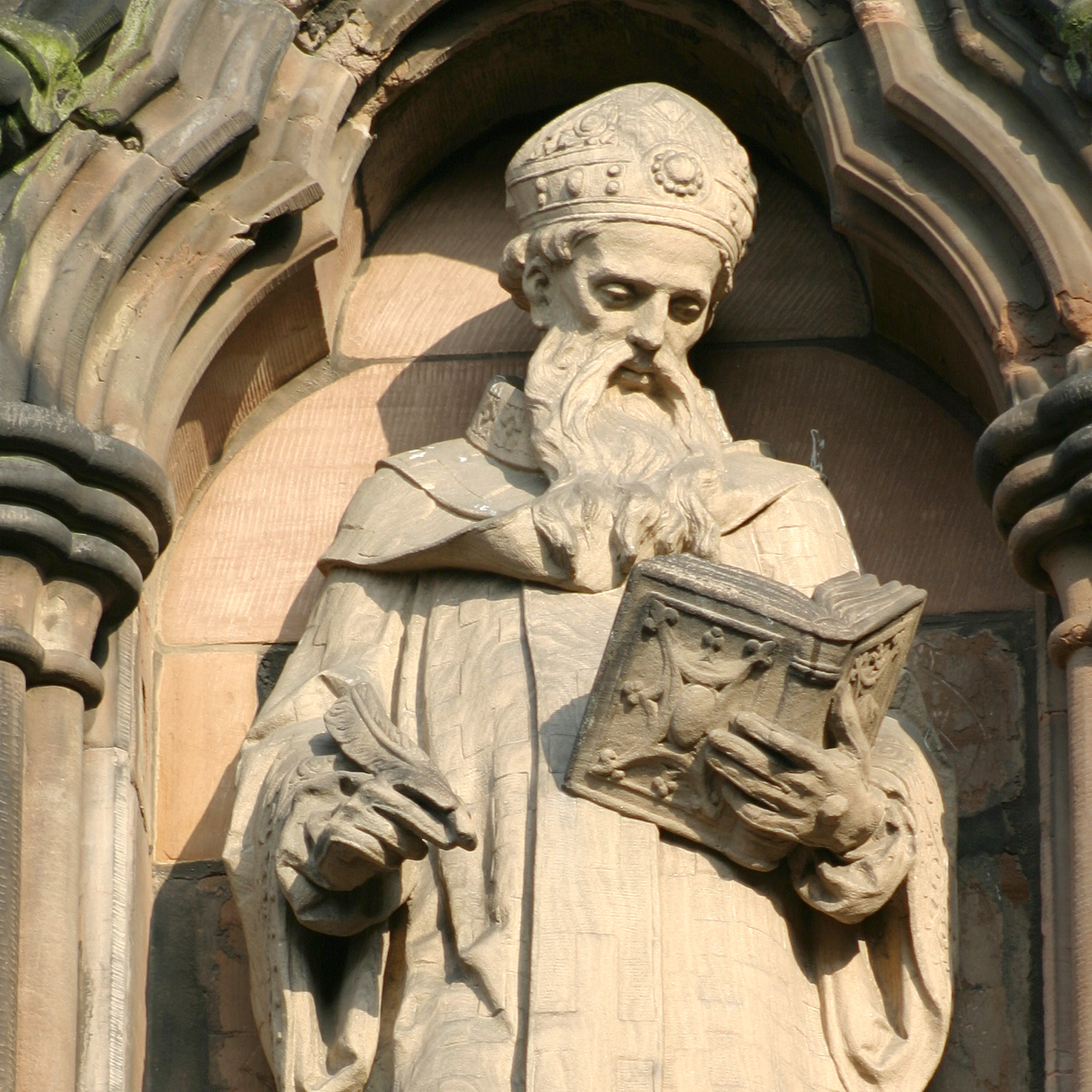
Saint Athanasius
In AD 325, the Roman emperor Constantine, with the assistant Bishop of Alexandria, Athanasius, at his side, presided over the Council of Nicaea. Constantine had summoned the bishops of Christendom, from both the Eastern and Western churches to address the nature, or homoousios, of Jesus in relation to the Father.
Disagreements had arisen in the Church of Alexandria on this nature, most notably from Arius, a Greek priest who argued that Christ was a created being; he was “divine only by participation,” he said, and not equal to the Father. Athanasius took up the argument against this. If Christ and the Holy Spirit were not of one substance with the Father, he countered, then Christianity would be a polytheistic religion. He reasoned with the bishops to adhere to the mystery of the Trinity, arguing that if Arianism prevailed—that is, that Christ was not God—then Christian doctrine would be weakened.
Of the more than 300 bishops in attendance at the council, all but seventeen (including Arius) voted for doctrine of Trinity that Athanasius had put forth. The Nicene Creed was then issued:
We believe in one God, the Father Almighty, maker of all things visible or invisible, and in one Lord Jesus Christ, the Son of God, begotten, not made, being of one essence with the Father.
One would think that the resolution to this clash of doctrines would have ended with the close of the Council. It did not, and Athanasius was to pay the price for the continuation of the Trinitarian debate. Though Arius had refused to acknowledge the creed and was immediately exiled, six years later Constantine restored him and his followers to their churches. When Athanasius protested, he was deposed from his Alexandrian see and spent the next few years in exile in Gaul.
When Constantine died, Athanasius returned to his bishopric. However, Constantine’s son and successor, Constantius, had embraced the Arian doctrine and expelled him once again. Over the next thirty years, Athanasius would return and flee from Alexandria three more times. He died in 373, at the age of 80.
Throughout his ordeals, Athanasius continued to fight for adherence to the Nicene Creed as it had been written at Nicaea. While the creed was modified in later ecumenical councils, most notably the First Council of Constantinople in 381, Athanasius is considered the leading theologian who gave the Church its doctrine of Trinitarianism—that Christ was indeed consubstantial with the Father and the Holy Spirit.
